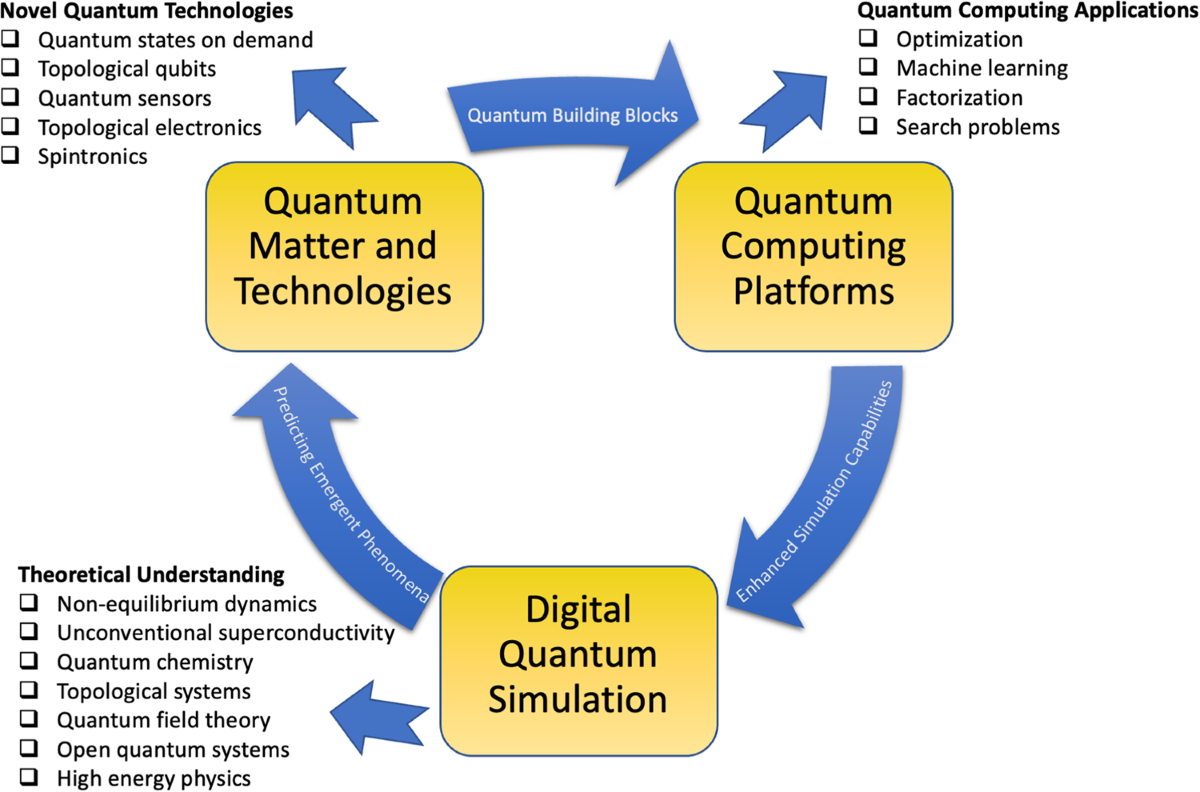The world of technology is abuzz with talk of quantum computers, often portrayed as super-powered machines destined to replace our current devices. However, this narrative, while exciting, is a simplification that misses the true essence of this groundbreaking technology. Quantum computers are not merely faster versions of our current computers; they represent a fundamental shift in how we approach computation, opening doors to solving problems previously deemed impossible.
The Quantum Leap: From Bits to Qubits
To understand the revolutionary nature of quantum computers, we must first grasp the fundamental difference between classical and quantum computing. Classical computers, like the smartphones in our pockets and the laptops on our desks, rely on bits as their basic unit of information. A bit, much like a light switch, can exist in one of two states: 0 or 1. All the complex data processed by classical computers – text, images, videos – are essentially long strings of these 0s and 1s.
Quantum computers, however, operate on an entirely different principle, harnessing the enigmatic laws of quantum mechanics. Instead of bits, they employ qubits. Unlike bits, which are confined to a single state, qubits can exist in a superposition, simultaneously representing both 0 and 1. Imagine a coin spinning in the air, yet to land on heads or tails – that’s the essence of a qubit’s superposition.
This unique property of qubits, along with other quantum phenomena like entanglement (a sort of quantum link between qubits), allows quantum computers to perform computations in a fundamentally different way than classical computers. Instead of processing information sequentially, they can explore numerous possibilities simultaneously, giving them a significant advantage in tackling specific types of problems.
Charting Uncharted Territories: The Potential of Quantum Computing
The capabilities of quantum computers are not about outpacing classical computers in every aspect. It’s not a race where one technology will entirely supersede the other. Instead, quantum computers should be viewed as specialized tools designed to navigate the uncharted waters of complex problems that have long stymied classical computers.
Imagine a vast, unexplored island representing the landscape of scientific and mathematical challenges. Classical computers, with their ever-increasing processing power, are akin to cars, trains, and airplanes – constantly improving, enabling us to traverse this island with increasing speed and efficiency. However, certain terrains remain inaccessible to these land-bound vehicles.
Quantum computers, in this analogy, are like boats, capable of navigating previously unreachable areas. These are not simply faster vessels; they are designed for a different kind of exploration, unlocking new areas of discovery and understanding.

Simulating Nature: A Quantum Advantage
One of the most promising applications of quantum computing lies in simulating the natural world. Nature, at its core, operates on the principles of quantum mechanics. From the intricate dance of molecules to the behavior of subatomic particles, the quantum realm governs it all.
Classical computers struggle to simulate these quantum systems accurately, as the complexity of calculations grows exponentially with the size of the system. Imagine trying to predict the precise movements of every water molecule in a raging ocean – a task daunting even for the most powerful supercomputers.
Quantum computers, however, are uniquely suited for this challenge. Their ability to harness the very principles governing these systems allows them to simulate complex molecules and reactions with unprecedented accuracy. This capability holds immense potential for fields like materials science and drug discovery.
Imagine designing new materials with tailored properties, from super-efficient solar cells to revolutionary pharmaceuticals – all made possible by understanding and manipulating matter at the quantum level. Quantum simulations could revolutionize industries, leading to breakthroughs in energy, medicine, and beyond.
The Encryption Enigma: Navigating the Quantum Future
The advent of quantum computing has also sparked intense discussions around its potential impact on cryptography, particularly the encryption methods safeguarding our digital lives. Much of the world’s digital security relies on the complexity of factoring large numbers – a task that would take classical computers billions of years to crack.
Quantum computers, with their unique computational power, could theoretically break these encryption algorithms in a matter of hours or days, potentially jeopardizing the security of online transactions, communications, and sensitive data.
However, this is not a cause for immediate alarm. While the threat is real, the quantum computers capable of such feats are still in their developmental infancy. Moreover, the cybersecurity community is actively researching and developing “quantum-safe” encryption algorithms – cryptographic methods designed to withstand attacks from even the most powerful quantum computers.
This transition to quantum-safe cryptography will be gradual but crucial, ensuring the continued security and trustworthiness of our digital infrastructure in the age of quantum computing.
A Bottomless Ocean of Discovery
The development of quantum computing is still in its early stages, akin to navigating a vast, uncharted ocean. We are just beginning to explore the surface, with each passing year bringing new breakthroughs and discoveries. The potential of this technology is immense, promising to reshape industries, redefine scientific boundaries, and revolutionize our understanding of the world around us.
The journey into the quantum realm has just begun, and it’s a journey filled with both challenges and extraordinary possibilities. As we continue to explore this uncharted territory, one thing is certain: the future of computing will be undeniably quantum.

